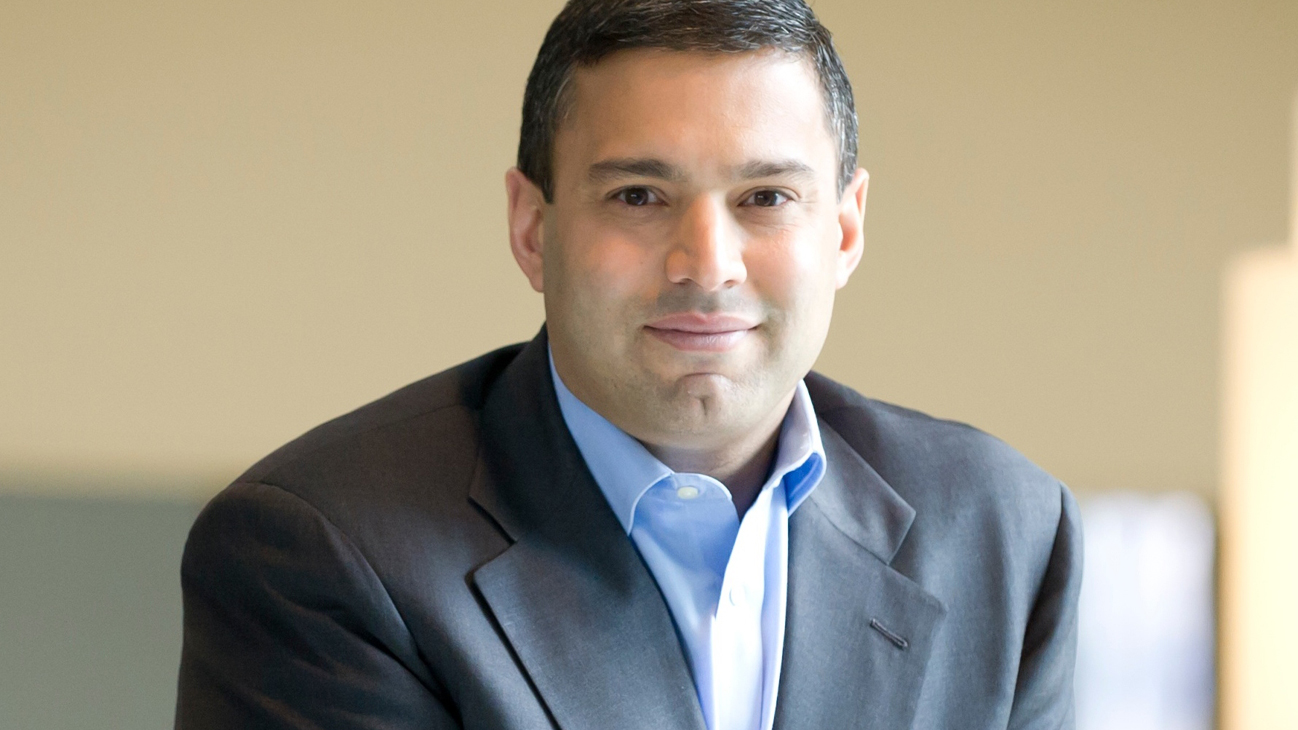Vikram Mansharamani, the bestselling author of Boombustology, is expert at helping audiences recognize and manage the risk of “bubble trouble.” He steps back from complex market dynamics and uses a multiple-lens framework to look at disparate data to provide actionable insights and indispensable information. A reliable forecaster, Mansharamani offers his predictions for the next five years in the areas of technology, politics, economics, and more:
2014 was an action-packed year: Russia invaded Crimea, US energy production surged, the South China Sea disputes escalated, Hong Kong students protested, Malaysia literally lost an aircraft with hundreds of passengers, Scotland denied the UK independence (an admittedly Scottish interpretation), Spain had a succession movement, California effectively ran out of water, West Africa fought Ebola, Thailand had (another) military coup, Pakistan faced massive political unrest, Ukrainian rebels shot down a Malaysian jet, China’s economy slowed while its stock market rose, India elected Modi and started reforming, commodity markets suffered, Israel/Gaza tensions rose, ISIS emerged as a serious threat, oil prices plunged, Iranian nuclear ambitions continued, Europe started crumbling, America reconnected with Cuba, North Korea started a cyber-war, etc.
Merely typing these events into an unordered sequence instantaneously reminded me of Billy Joel’s chart-topping hit song “We Didn’t Start the Fire” that referenced Red China, North Korea, vaccine, Sputnik, and trouble in the Suez. There is one ENORMOUS difference – Joel’s song summarized 100 events that transpired between his birth in 1949 and the song’s 1989 release, while the above list of events took place in one year!
The world feels fragile, particularly in a geopolitical and economic sense. So where do we go from here? I offer my list of ten medium-term predictions for 2015-2020. Before I do so, it’s worth recalling the prescient words of John Kenneth Galbraith: “There are two types of forecasters: those who don’t know and those who don’t know they don’t know.” I’ll let you decide which I am, but I do hope my predictions provoke thought!
- Cyber risks become a top concern for global boardrooms. Financial regulators begin mandating independent information audits comparable to today’s financial audits. National governments create military-like cyber teams to hunt down and bring cyber-terrorists to justice.
- The United States of Europe fails to congeal as expected – resulting in a slow disintegration of the attempt at political and monetary union. The re-emergence of individual currencies proves stabilizing and helps generate economic growth, creating a vicious cycle in which more currencies emerge.
- Food prices skyrocket, driven by both insatiable animal protein demand from the global middle class, but also weather and politically motivated supply disruptions. “Land grabs” accelerate with governments of food vulnerable populations buying agricultural resources in foreign nations.
- The world begins to see Africa as a collection of 50+ countries, rather than one monolithic entity. Technological innovations such as Kenya’s M-Pesa mobile banking system spread globally, and global universities and companies begin tapping the massive potential of Africa’s human talent.
- A Robolution in Manufacturing increases productivity and also decreases employment. Robots prove deflationary as the labor component of goods drops and the fall in aggregate workers’ income reduces demand for the very goods the robots make. The market for drones booms.
- Central bankers struggle to unwind quantitative easing without generating massive instability. Equities suffer and gold surges as investors lose confidence in responsible central banking. Martin Wolf’s “chronic demand deficiency syndrome” worsens.
- Putin becomes increasingly unpredictable. Does he cut off gas to Europe in the dead of winter? Does this fracture US-European cooperation on economic sanctions, ultimately alleviating Russia of economic pain and further emboldening Russian leadership? In the interim, Putin cozies up to Modi and Xi.
- China posts a GDP growth rate below 5% before a consumption boom drives the economy forward. Demographic policies change and begin encouraging larger families. Sabre rattling in the South China Sea and towards Taiwan and Japan distract popular attention away from domestic economic matters.
- Ebola is contained, but another (this time airborne) epidemic rears its ugly head. The global public health community again scrambles (and again succeeds) to avert a global disaster that might have threatened millions of lives. Middle East Respiratory Syndrome?
- Oil rebounds in the face of American production disruptions and higher regulatory costs. OPEC eventually cuts production, and tensions escalate in the Arctic over seemingly large resources. In the interim, low oil prices spur a transition to consumption-led growth in many emerging nations.
- Japan acknowledges its demographic problem and opens the doors to immigrants. It begins allowing Southeast Asian healthcare workers (nurses from the Philippines?) to care for the elderly. Sales of adult diapers surpass sales of child diapers by a healthy margin.
- Australia’s uninterrupted multi-decade run of economic growth ends. Driven by the Chinese slowdown in investment spending, mining incomes drop and the Australian housing market suffers. A recession is mitigated – possibly avoided – by a pickup in Asian tourism and a weaker Australian dollar.
- Nicaragua stops construction of its 172 mile, $50+ billion cross-country canal as Chinese funding evaporates. Wang Jing’s promise to employ 200,000 people and help the second poorest country in the Western hemisphere emerge from poverty is broken, crushing Ortega’s credibility.
- Terrorism strikes a previously considered “safe” place, generating a new wave of defense/security spending as nations scramble to assuage public safety concerns. Public calls for profiling and unconventional security increase. Zurich? Dubai? Singapore? Miami? Toronto? Beijing?
- India becomes the fastest growing large economy in the world, as Modi’s reforms take hold. Getting a visa to India becomes easier for many, rates fall and stimulate consumer demand, but despite strong economic growth, the Sensex index does very little as valuations compress on rising earnings.

